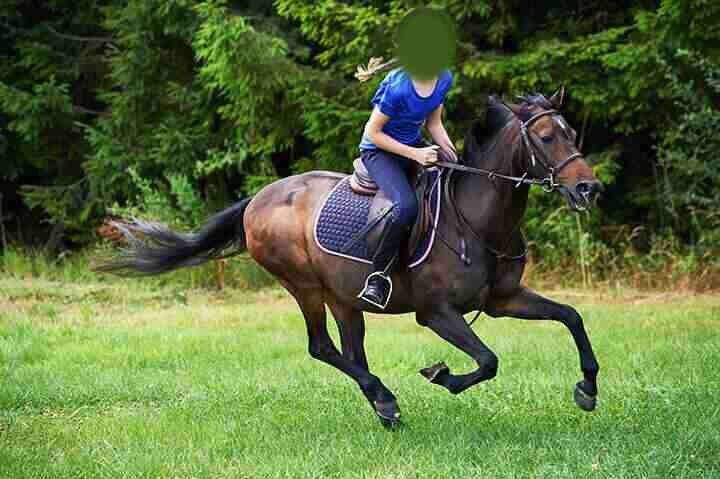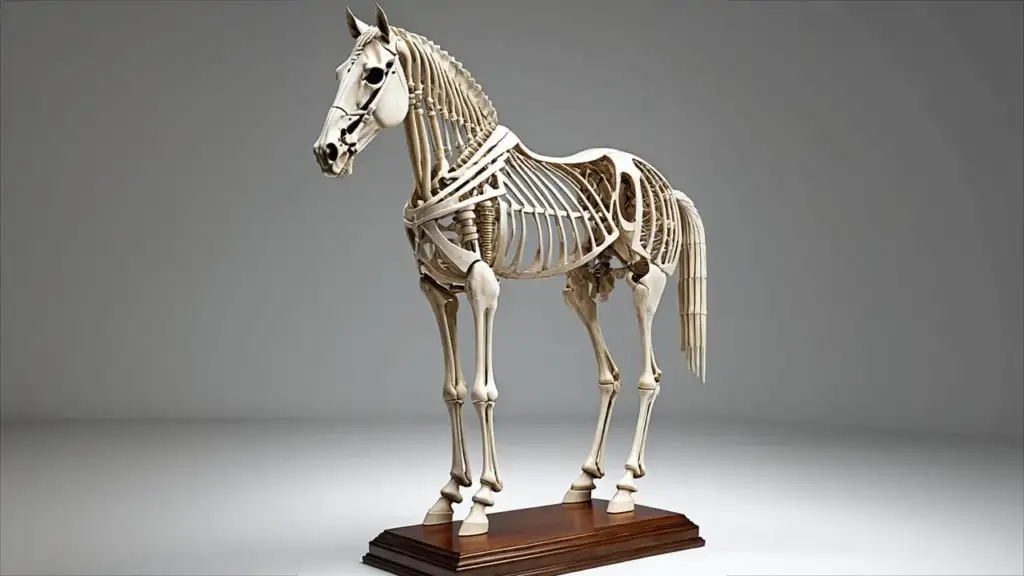Foals, the adorable offspring of horses, are born with delicate hooves that require special attention and care. The term “foal slippers” affectionately refers to the soft, pliable hooves of a young horse. Horse breeders need to understand well the unique characteristics of foal hooves and implement proper care because it is essential for the overall health and development of the foal.
Characteristics of Foal Hooves
Foal slippers differ from the more robust hooves of adult horses in several ways:
Soft and Pliable:
- Foal hooves are initially soft and pliable, resembling the texture of a newborn’s fingernail.
- This softness allows for flexibility and adaptation to various surfaces as the foal begins to stand and move.
Rapid Growth:
- Foal hooves grow rapidly, and their growth is influenced by genetics, nutrition, and overall health.
- Regular monitoring of hoof growth is crucial to address any imbalances or irregularities promptly.
Maternal Influence:
- The condition of a foal’s hooves can be influenced by the mare’s diet during pregnancy and lactation.
- Proper nutrition for both the mare and foal contributes to the development of healthy hooves.
Protection Needed:
- Due to the initial softness of foal hooves, protection from hard or rocky surfaces is essential to prevent damage.
- Providing a clean and soft bedding area can aid in protecting the hooves during the early stages of a foal’s life.
Caring for Foal Slippers
Regular Trimming:
- Begin regular hoof trimming at a young age to encourage proper growth and shape.
- Consult with a veterinarian or farrier experienced in working with foals to ensure gentle and effective trimming.
Nutrition:
- Provide a balanced and nutritious diet for both the mare and foal to support optimal hoof development.
- Consult with an equine nutritionist to tailor the diet to specific needs, considering factors like breed and growth rate.
Exercise and Turnout:
- Allow foals to have regular turnout in a safe and well-maintained environment.
- Exercise promotes healthy circulation in the hooves and contributes to overall hoof strength.
Supplementation:
- Consider hoof supplements, if recommended by a veterinarian, to provide additional support for hoof growth.
- Supplements may include biotin, zinc, and other nutrients beneficial for hoof health.
Monitoring for Issues:
- Regularly inspect foal slippers for any signs of abnormalities, such as cracks, chips, or signs of infection.
- Promptly address any issues with the assistance of a knowledgeable equine professional.
Conclusion
Foal slippers, though delicate, possess the potential for healthy growth and development when provided with proper care. Responsible horse owners and caretakers play a crucial role in ensuring that foals receive the attention and support needed for strong and resilient hooves. By understanding the unique characteristics of foal hooves and implementing sound management practices, individuals contribute to the overall well-being of these young equine companions.





